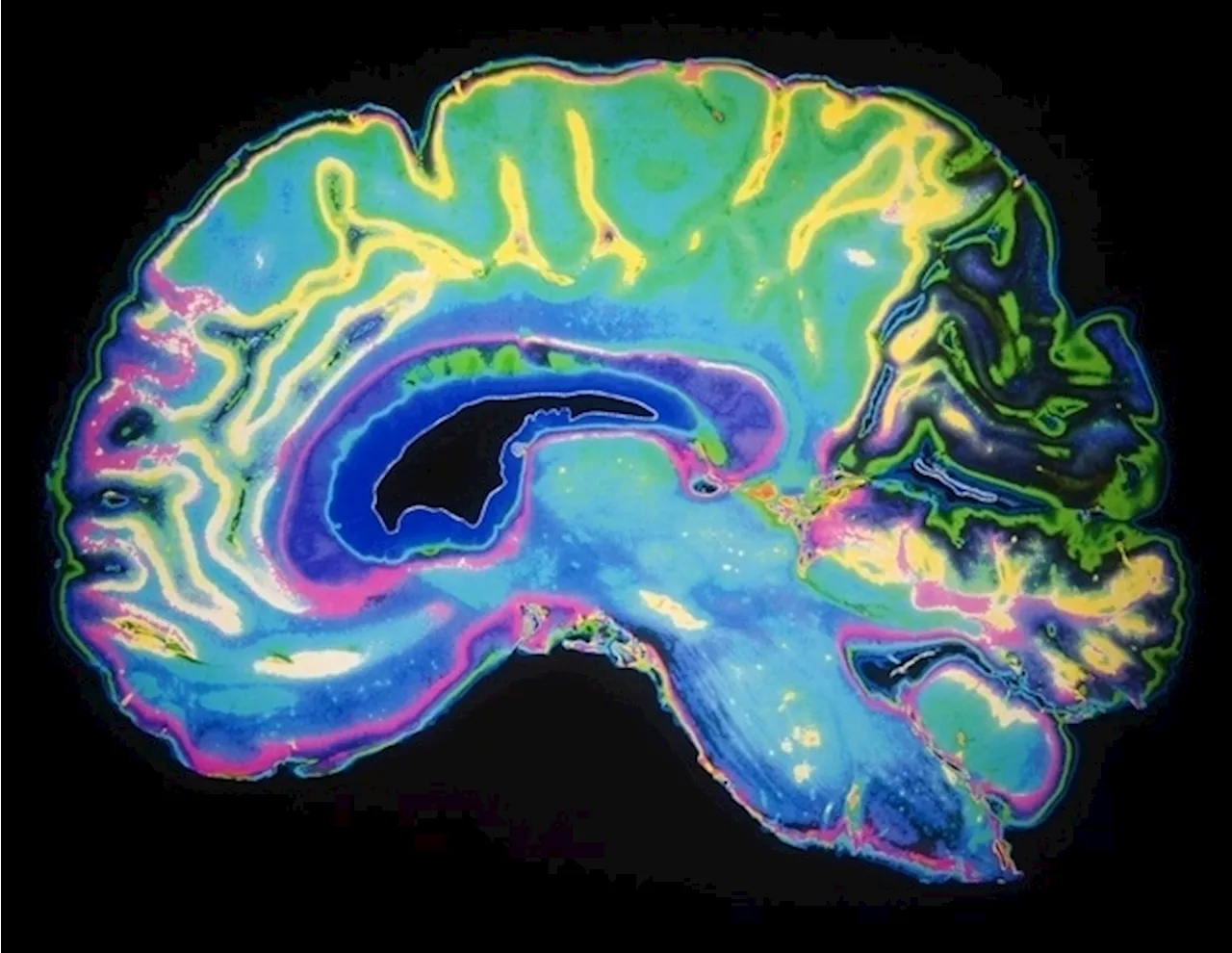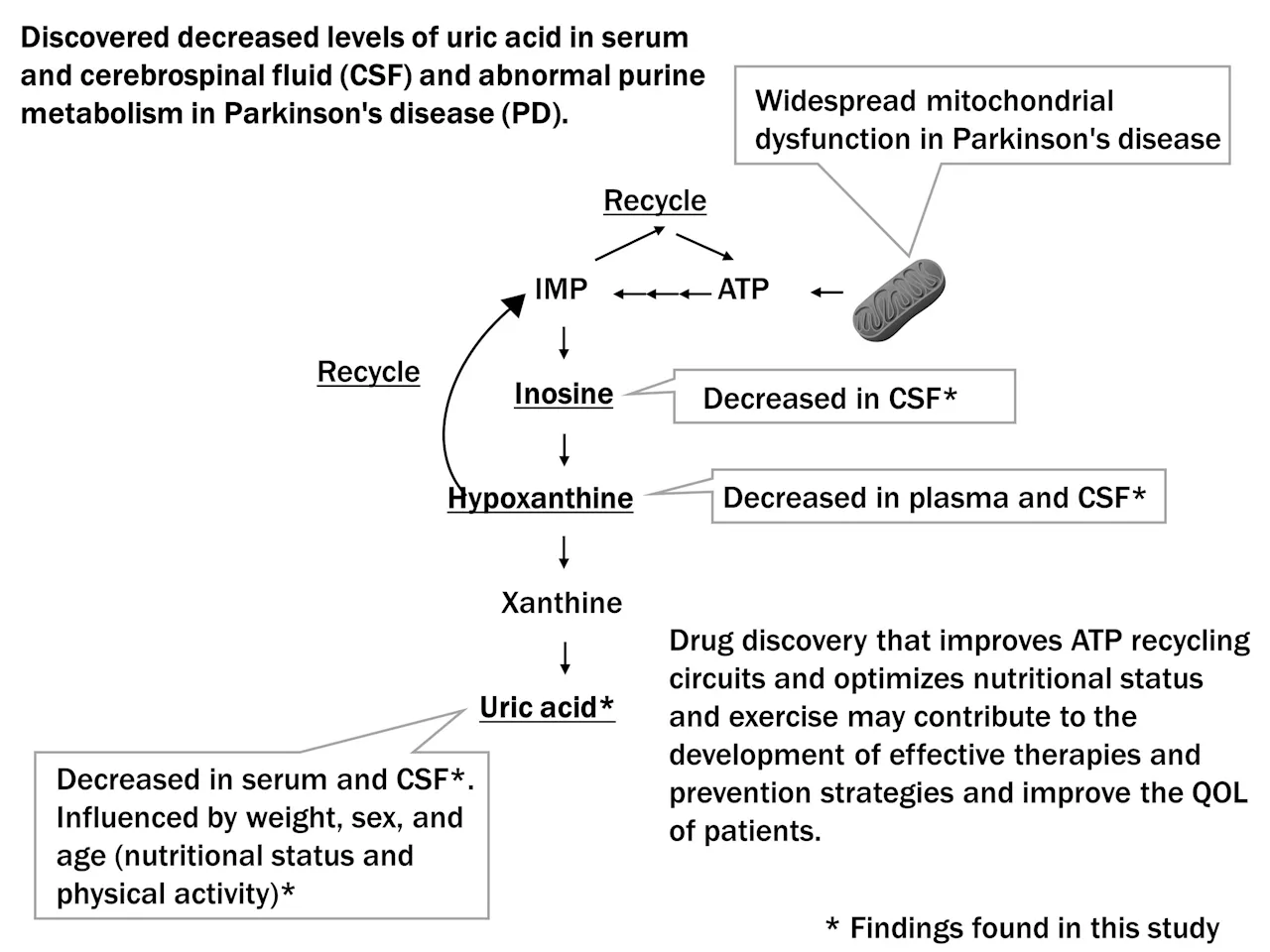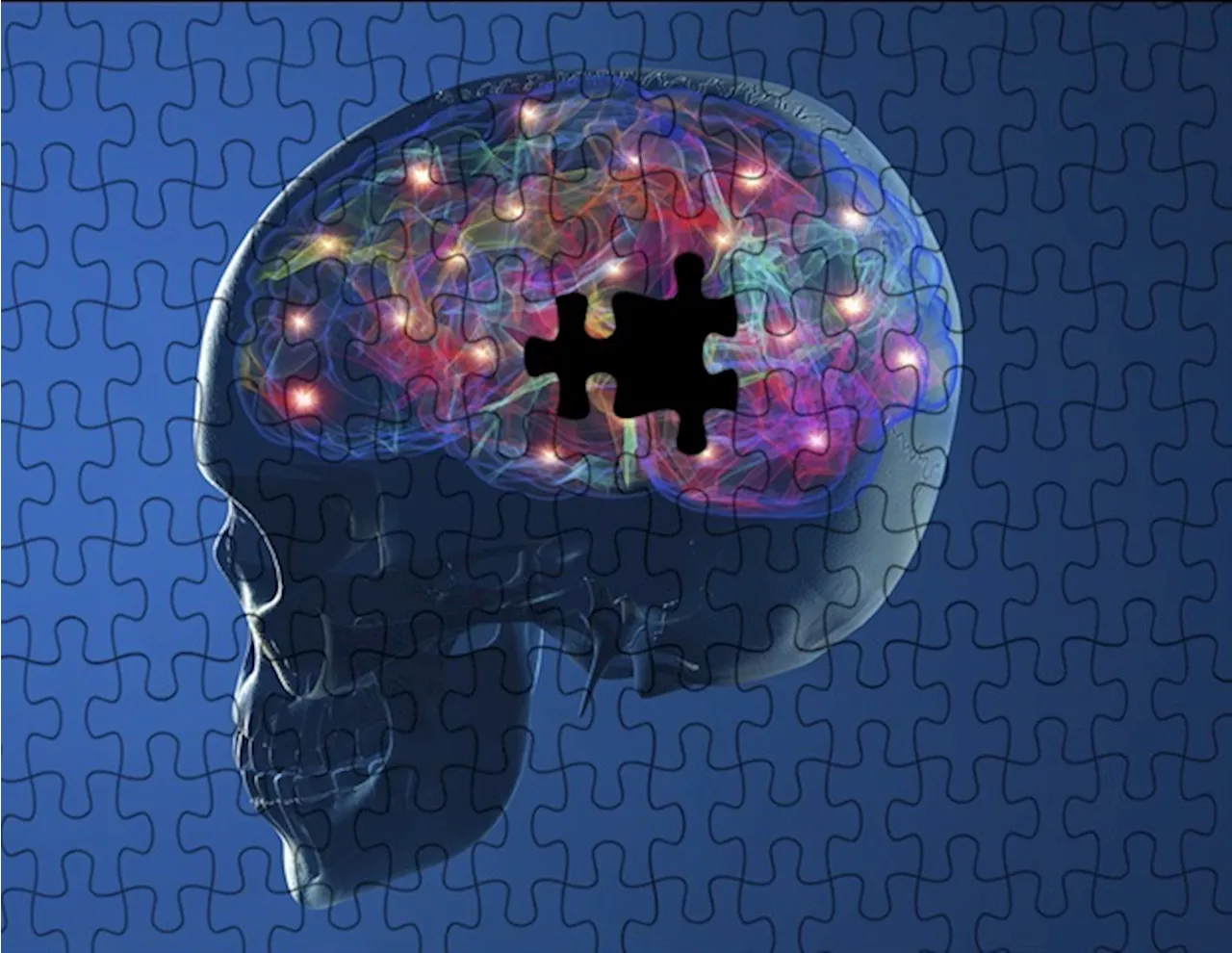Lewy bodies are a hallmark of Parkinson's disease (PD) and other related neurological conditions. Understanding why and how they develop is critical to developing better treatments.
McGill University Oct 8 2024 Lewy bodies are a hallmark of Parkinson's disease and other related neurological conditions. Understanding why and how they develop is critical to developing better treatments. A study from The Neuro of McGill University, in collaboration with its Early Drug Discovery Unit, has recreated the growth of Lewy bodies in human neurons and followed their formation to gain important insight into why and how they form.
The scientists did this by incubating the neurons with a protein called alpha-synuclein, which is found in Lewy bodies, and coupling it to an immune reaction. By following the development of Lewy bodies in real-time, the scientists discovered that in dopaminergic neurons, the immune response impairs autophagy-;the removal of damaged cellular materials. They also found that in these cells, Lewy bodies are membrane-bound, and contain other organelles and membrane fragments, contradicting previous dogma that Lewy bodies were composed exclusively of misfolded proteins.
Parkinson's Disease Brain Dopaminergic Drug Discovery Hospital Immune Response Immune System Lewy Bodies Membrane Neurological Disease Neuroscience OCT Research Stem Cells
United Kingdom Latest News, United Kingdom Headlines
Similar News:You can also read news stories similar to this one that we have collected from other news sources.
 BBC Match of the Day Gary Lineker's nephew, 18, killed in tragic accidentJonty Parkinson was described as 'one of the nicest boys you'll ever meet'
BBC Match of the Day Gary Lineker's nephew, 18, killed in tragic accidentJonty Parkinson was described as 'one of the nicest boys you'll ever meet'
Read more »
 Fruit fly brain connectome offers critical clues for understanding brain function and behaviorA scientific team supported by the National Institutes of Health (NIH) unveiled the first complete map of the neural connections of the common fruit fly brain. The map provides a wiring diagram, known as a connectome, and is the largest and most complete connectome of an adult animal ever created.
Fruit fly brain connectome offers critical clues for understanding brain function and behaviorA scientific team supported by the National Institutes of Health (NIH) unveiled the first complete map of the neural connections of the common fruit fly brain. The map provides a wiring diagram, known as a connectome, and is the largest and most complete connectome of an adult animal ever created.
Read more »
 Collaborative study investigates underlying cause of neuropsychiatric symptoms in Parkinson's diseaseParkinson's disease is most known for its movement-related symptoms: tremors and rigidity, slowness and falls, caused by the loss of the brain's dopamine-producing neurons.
Collaborative study investigates underlying cause of neuropsychiatric symptoms in Parkinson's diseaseParkinson's disease is most known for its movement-related symptoms: tremors and rigidity, slowness and falls, caused by the loss of the brain's dopamine-producing neurons.
Read more »
 Understanding the role of TIPS in improving renal function amid cirrhosisCirrhosis is one of the leading causes of mortality from non-communicable diseases, with complications arising as liver function deteriorates.
Understanding the role of TIPS in improving renal function amid cirrhosisCirrhosis is one of the leading causes of mortality from non-communicable diseases, with complications arising as liver function deteriorates.
Read more »
 NIO minister praises “understanding shown” to boys charged after church arsonGreenisland Church of the Holy Name was gutted in incident earlier this month
NIO minister praises “understanding shown” to boys charged after church arsonGreenisland Church of the Holy Name was gutted in incident earlier this month
Read more »
 Unlocking the energy crisis in Parkinson's: New findings on metabolic disruptionsParkinson's disease (PD), the second most common neurodegenerative disorder globally, has long baffled scientists with its progressive nature and debilitating effects on motor function.
Unlocking the energy crisis in Parkinson's: New findings on metabolic disruptionsParkinson's disease (PD), the second most common neurodegenerative disorder globally, has long baffled scientists with its progressive nature and debilitating effects on motor function.
Read more »
